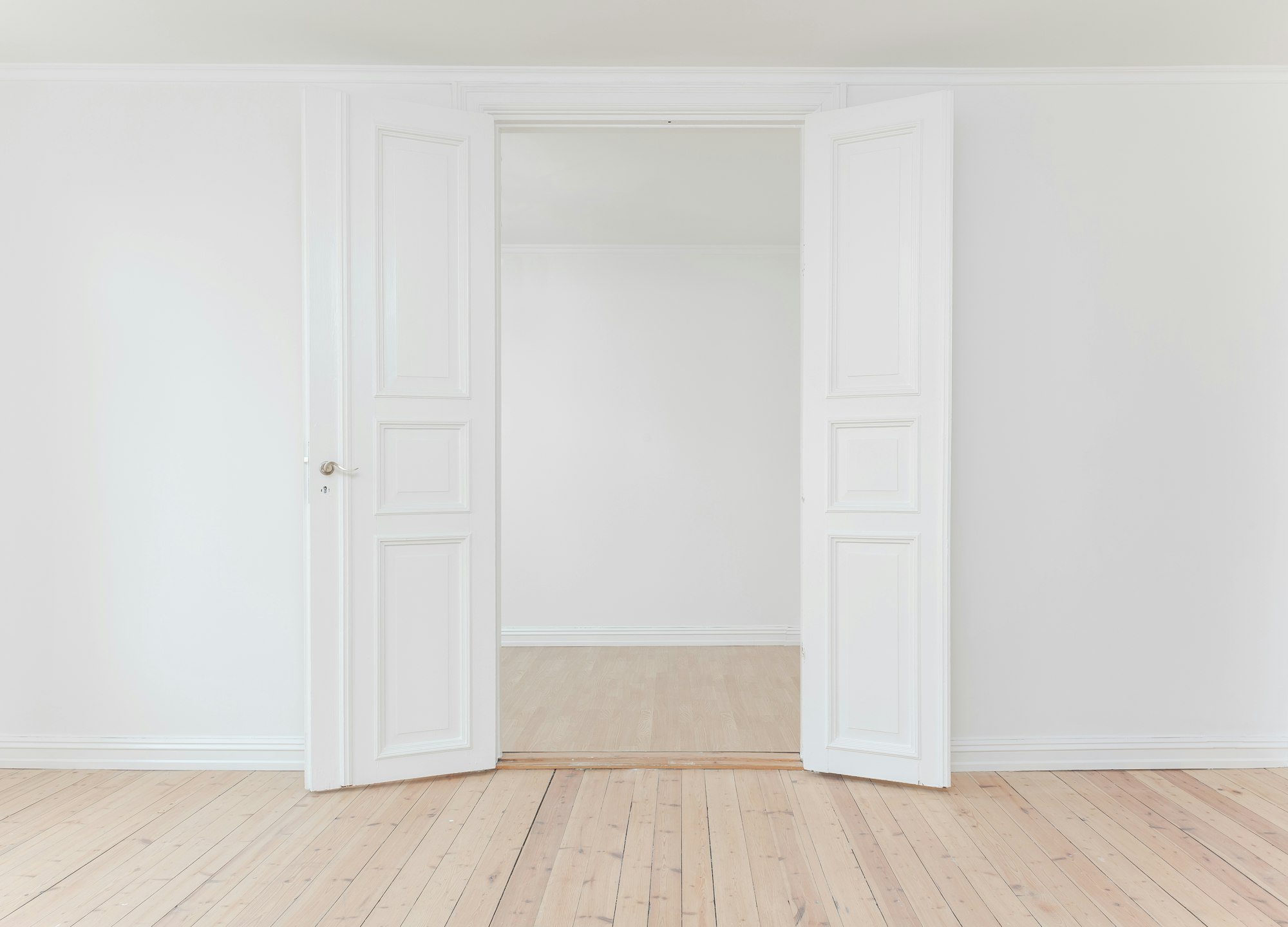Fantasies of Minimalism
Nothing is ever simple

I’ve always been taken with the idea of minimalism, possibly because I’ve always had a tendency to be a bit of a control-freak. I’m drawn to the dream that if I can only own the right possessions, then I can perform a sort of late-stage capitalism triple-dunk:
• Save money by not owning anything unnecessary.
• Immediately spend that money by buying the highest-quality versions I can afford of whatever I deem to be 'essential.'
• Feel like these perfectly chosen possessions represent the real me, showing what a splendid cultured chap I am.
Other less obviously flawed benefits include making it easier to move house, not losing things as often, and not being quite so terrible for the environment.
Unfortunately, even though I’m getting pretty good at throwing out things which I don’t need, I can’t quite quell the suspicion I’ve just moved my unnecessary accumulations online. This is shown by my Kindle library of over 200 books, a Steam account with over 100 games (and that’s applying some creative counting which doesn’t include games I got in bundle deals which I probably won’t play), and of course a paid music streaming service giving access to virtually all the music in history. At least they don’t weigh anything.
If I were required to have physical equivalents of any of the above, I would need to move to a warehouse, possibly on the outskirts of a desert.

My fantasies of clean white empty spaces broken up with wildly expensive tech items are also up against the barrier of my wife’s subtly different philosophy. She, like my father, believes any given item ‘might be useful someday.’
Our differing views have led to me making ill-advised arguments like this:
‘Well, if we value our time at, say, five pounds an hour, then really any time we spend organizing or repairing old things we don’t really want, which are worth less than five pounds, is actually a mistake! We should just buy it afresh when we need it and live in a tidy home.... <aside, whispered> … plus our rent might be lower if we didn’t need to store all your stuff.’
You might be shocked to learn that this line of persuasion wasn't very effective, and you perhaps can see the inconsistency in both arguing minimalism is good for the environment, and advocating a higher turnover of possessions. If I do contradict myself, I guess I contain multitudes - like our home.
I’ve also attempted to introduce house rules like "every time we buy something new we should sell or give away something old" or "we should get rid of anything we haven’t used for at least a year." Sadly, this often runs into a nitpicking response, such as asking if I had in fact read each of my books last year. Well, obviously books don’t count.
Sometimes, though, the stars align. Last week we were debating what to do with an abstract painting we'd somehow acquired. I thought it was tolerable if bad, in a sort of wallpaper-like way. She didn't even agree it was tolerable.
After our triumphant agreement to throw the painting out, I saw a chance to open a new front in the minimalism war, and eagerly explained William Morris's slightly (very) pretentious rule, that one shouldn't keep anything in one's home that isn't either useful or beautiful. Surprisingly, she readily agreed. And then, suddenly thoughtful, said:
'I can think of at least one other thing in this home which isn't useful or beautiful...'